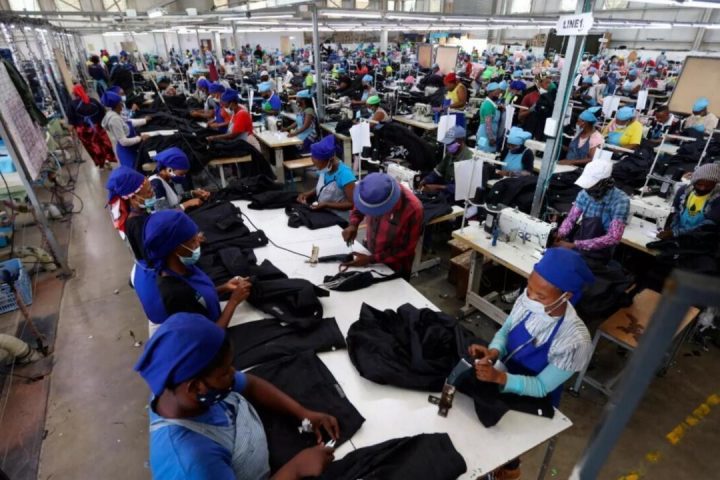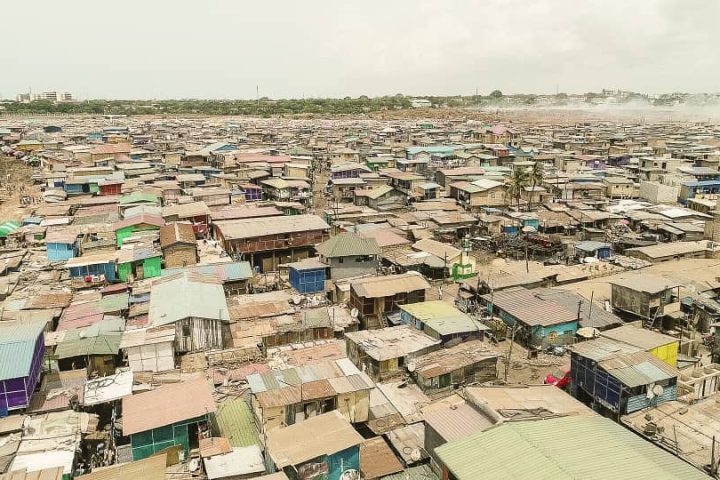The World Bank has raised concerns that the recent coup d’état in Niger could exacerbate food crisis across West Africa, impacting millions of vulnerable people.
The global financial institution released its September ‘Food Security Update,’ shedding light on the grim situation.
Join our WhatsApp ChannelThe World Bank stated, “The Nigerien coup d’état puts an additional seven million people at risk of falling into severe food insecurity in the region against a backdrop of soaring commodity and staple food prices, and severe food insecurity already affecting 3.3 million people during the lean season.”
The coup in Niger has triggered a chain reaction that is squeezing the already fragile food markets in the region. The Washington-based bank highlighted that food prices surged by up to 21 percent in August in Niger due to economic and financial sanctions imposed by the Economic Community of West African States (ECOWAS) and the West African Economic and Monetary Union (WAEMU).
READ ALSO: Arik Air Chairman Faces Ultimatum For Debt Plan
This price surge has restricted access to food for poor households, making it even more challenging for them to meet their dietary needs. The government’s limited financial capacity to implement its food assistance program has further exacerbated the crisis.
Consequently, the World Food Programme’s continued provision of food aid is deemed essential, but access restrictions are impeding its delivery.
The World Bank’s report also revealed ominous predictions for the upcoming agriculture season, citing shortages of seeds and feed and soaring fertilizer costs as factors that will likely worsen food insecurity, extending its grip well beyond the lean season.
Western and Central Africa have been grappling with persistent food crises, with the number of people requiring food and nutritional assistance surging from approximately 10.7 million in 2019 to a staggering 40 million in 2022 and 2023.
Furthermore, between June and August 2023, a staggering 42.5 million people in Nigeria and other West African countries were in a food crisis or facing an even worse situation.
The main culprits behind this crisis, according to the World Bank, are civil insecurity, conflict, forced displacement, and climatic shocks, all of which have caused political instability.
In addition to these factors, the ongoing conflict in Ukraine has heightened the volatility of food and commodity prices, resulting in widespread inflation. As a result, current food prices remain significantly higher than they were during the same period last year.
Emmanuel Ochayi is a journalist. He is a graduate of the University of Lagos, School of first choice and the nations pride. Emmanuel is keen on exploring writing angles in different areas, including Business, climate change, politics, Education, and others.


















Follow Us